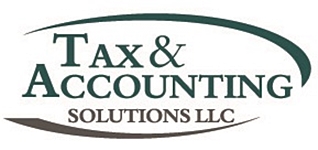Paying Estimated Taxes: The Who, What, When, Why, Where
 Why pay estimated tax? Estimated tax payments are used to pay tax on income that is not subject to withholding. This includes income from self-employment, interest, dividends, alimony, rent, gains from the sale of assets, prizes and awards. You may also have to pay estimated tax if the amount withheld from your salary, pension or other income is not enough to cover your tax liability.
Why pay estimated tax? Estimated tax payments are used to pay tax on income that is not subject to withholding. This includes income from self-employment, interest, dividends, alimony, rent, gains from the sale of assets, prizes and awards. You may also have to pay estimated tax if the amount withheld from your salary, pension or other income is not enough to cover your tax liability.
Who must pay estimated tax? Individuals, sole proprietors, partners or S corporation shareholders who expect to owe tax of $1,000 or more when they file their return will generally have to make estimated tax payments. The same applies to corporations that expect to owe $500 or more. You may also have to pay estimated tax for the current year if you had a tax liability for the prior year.
When are estimated payments due? For estimated tax purposes, the year is divided into four payment periods, each with a specific payment due date. If you don’t pay enough tax by the quarterly due date, the IRS may charge a penalty, even if you are due a refund when you file your income tax return.
Where and how are estimated taxes paid? In most cases, you can pay online using the Electronic Federal Tax Payment System (EFTPS).

